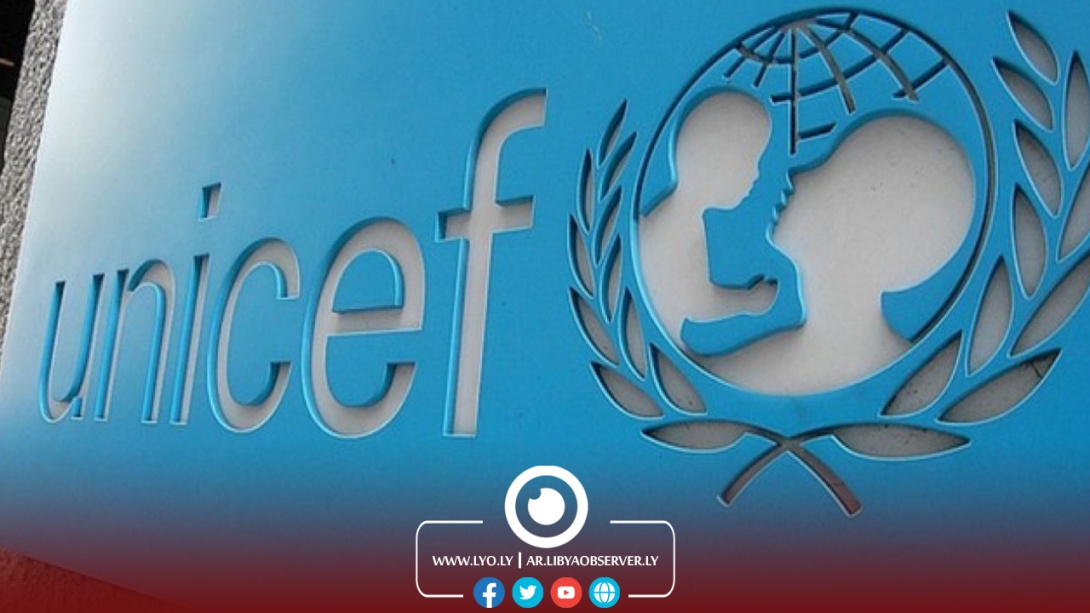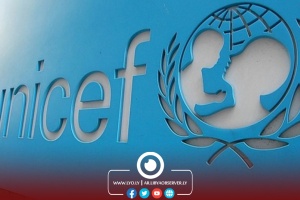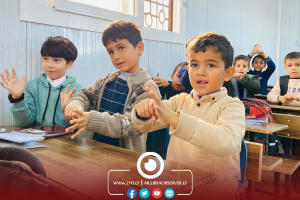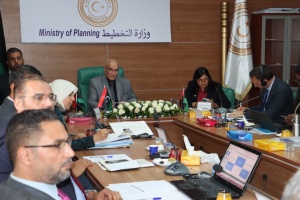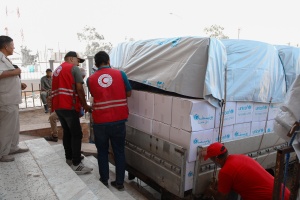UNICEF said in a report that climate change and other environmental hazards "are among the greatest threats currently facing Libya’s children, both now and in the future, adding that unless tackled, those threats are set to undermine all aspects of children’s rights.
Titled "A Climate Landscape Analysis for Children in Libya", UNICEF's report said Sunday drought, flooding, sea-level rise and dust and sandstorms "are becoming more common as a result of climate change," adding that air pollution, water pollution, desertification and a lack of sustainable solid waste management, all threaten the environment Libya’s children live in.
"Libya’s young people care deeply about the state of the environment and want their Government to do more to protect it. Youth are an important part of the solution and their voices must be elevated and heard – including in all of the policies that affect their lives.
It is the poorest children living in the most hazard-prone districts (Map.1) who are most vulnerable to climate change and other environmental impacts." The report said.
UNICEF added twenty out of Libya’s twenty two districts scored highly in terms of direct exposure to climate hazards, including extreme heat, water scarcity, flooding and dust and sandstorms, saying that the worst affected districts include Zawiya, Murqub, Jufra, Wadi al Shatii and Sirte.
"For the children of Libya, a change in climate is felt, first and foremost, through a change in water. Temperatures are rising, increasing both water demand and water scarcity. Storms and flooding are also becoming increasingly common, affecting water quality. All of this, in turn, infringes on all aspects of children’s rights, including their right to safe water, food and a healthy environment." UNICEF said.
It added that those impacts are set to worsen in the face of future climate change - with projections pointing to a hotter, dryer climate across all regions, saying that as the impacts become more extreme, urgent action must be taken to protect Libya’s most vulnerable children.
It is expected that the results of the climate landscape analysis in Libya will support the implementation of UNICEF programs in the country, which will be extended between the years 2023-2025, and provide better and specific assistance and support for the most vulnerable children, according to the report.

